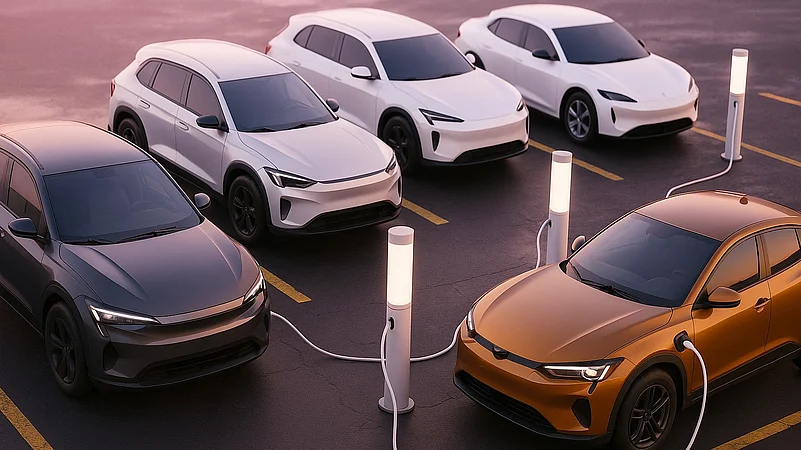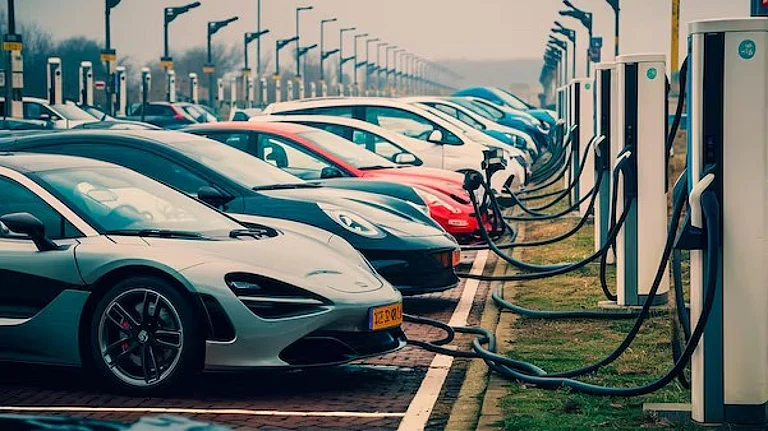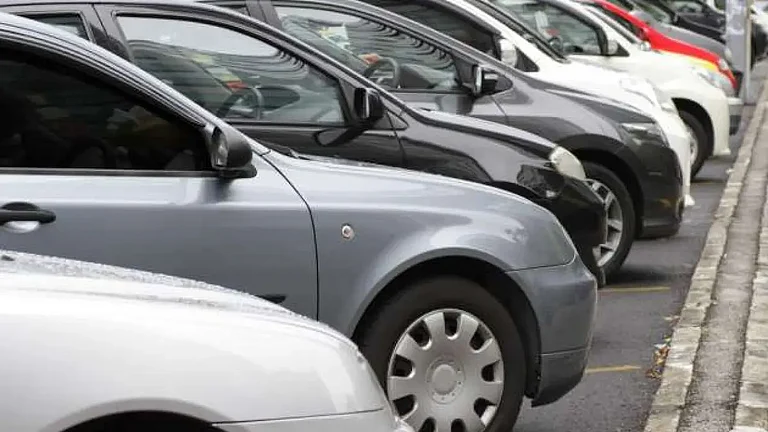Suzuki Motor Corporation halted production of most variants of its Swift compact car at domestic facilities, excluding the Swift Sport, making it the first Japanese automaker to be affected by China’s rare earth export curbs, according to Reuters.
Swift production was halted on May 26 and is scheduled to continue until June 6.
The Indian electric vehicle push is facing a hurdle due to China’s restrictions on the export of rare earths, which include alloys, mixtures and magnets. The extraction of these components is not only difficult but also expensive, causing significant environmental costs as well, reported Mint.
The move comes at a time when the Indian government has pulled all levers to transition to electric vehicles by enforcing dynamic policies and hefty investments. Bloomberg NEF’s EV Outlook 2024 forecasts a leap to 5.9 million EV sales by 2040, with a remarkable 199% growth by 2027. China’s move is a major hurdle to India’s EV sustainability goals.
Why Restrictions Were Enforced
The decision is seen as a response to the US restrictions on Chinese technology, specifically in the semiconductor industry.
China’s move underscores its dominance of the critical mineral industry and is seen as leverage by China in its ongoing trade war with US President Donald Trump.
China’s decision to suspend exports of a range of rare earths and related magnets, announced in April, has disrupted the supply chains central to automakers, aerospace manufacturers, semiconductor companies and military contractors.
The alarming situation is gaining traction with global automakers considering potential production halts.
China placed export restrictions on rare earth elements on April 4 as part of its sweeping response to US President Donald Trump’s decision to hike tariffs against most Chinese products to 54%. China reportedly restricted the supply of minerals to the West to make weapons, electronics and a range of consumer goods.
India's EV Push
China, which is responsible for producing about 90% of global rare earth metal, raises serious concern for the EV industry. According to Mint, the Indian vehicle manufacturers may need to pass on the increased costs to consumers, increasing costs by as much as 8%.
The Indian vehicle manufacturers now have to declare how they will use the magnets to get their shipments cleared. This process takes a long time and needs approval from the Chinese Embassy. TVS Motor Company has joined Bajaj Auto in sounding the alarm, warning that EV production could grind to a halt as early as next month. Other companies at risk of production disruptions include Mahindra, Hyundai and Kia, Hero Moto. The magnets, crucial to electric motor function, have been stuck at Chinese ports since April 4. For Indian EV makers — especially in the cost-sensitive two-wheeler segment — this poses an existential challenge.





























